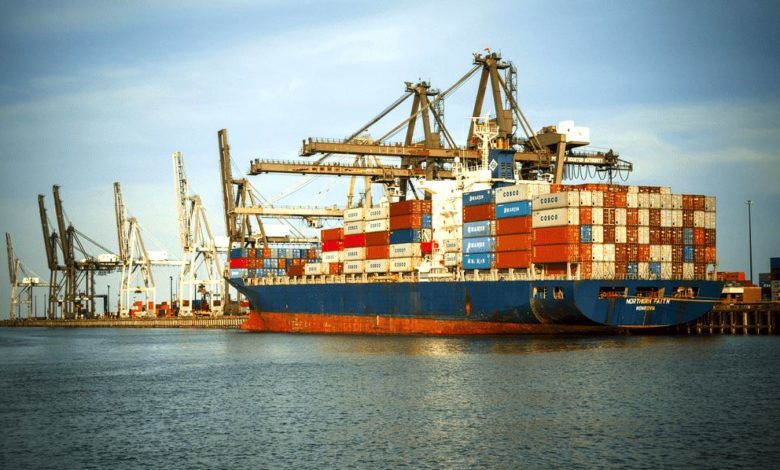Port Houston and Shell to jointly explore decarbonisation opportunities

Port Houston has announced an agreement with Shell to work together to meet the port’s strategic goals in the areas of sustainability, resilience and carbon reduction.
Port Houston and Shell signed a memorandum of understanding that outlines a shared intention to explore energy, mobility and decarbonisation projects that could be implemented at the port’s terminals. The agreement will help identify new technology and infrastructure opportunities at port terminals that have the potential to lead to significant emissions reductions.
Earlier this year, Port Houston announced its goal to be carbon neutral by 2050. It plans to achieve this by upgrading technology, improving infrastructure and equipment, and utilising alternative fuels and clean energy sources.
The Port Houston sustainability action plan identifies 27 initiatives in which it will lead, partner or support.
The agreement with Shell is one of several the port has recently finalised to move forward on those initiatives.
“Building upon our relationship as Port Houston’s renewable energy supplier, we are excited to help Port Houston reach its goal to be carbon neutral by 2050,” said Glenn Wright, Shell senior VP, renewables & energy solutions, Americas, in a statement.
The first project planned under the MOU will be a study to understand the decarbonisation potential at Port Houston’s two container terminals, Barbours Cut Container Terminal and Bayport Container Terminal.
Port Houston reduced its carbon footprint by 55% from 2016 to 2021 through initiatives including the implementation of 100% asset-backed renewable electricity.

Really?Port of Houston? Halleluyah Praise those faifhfuls..